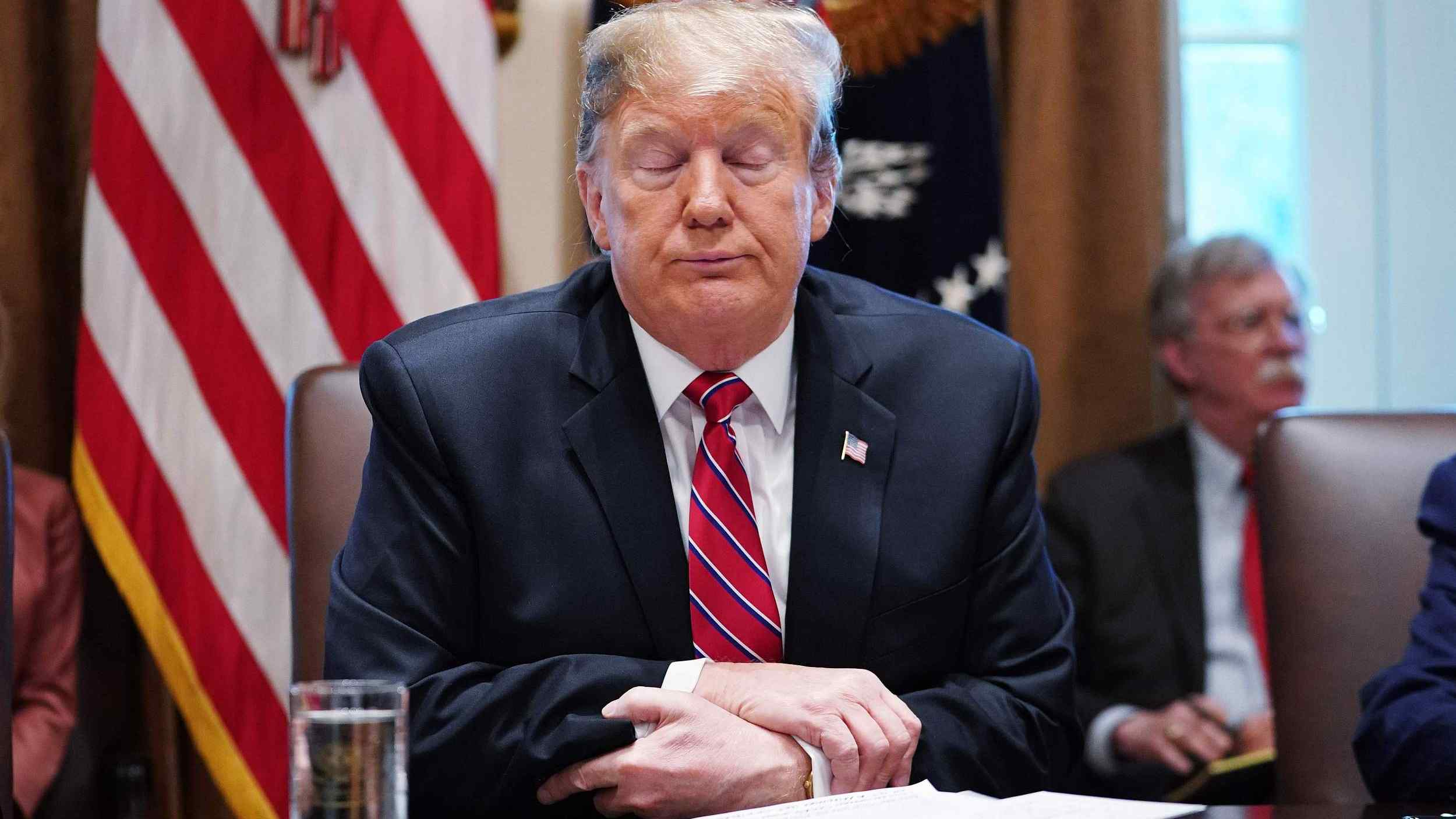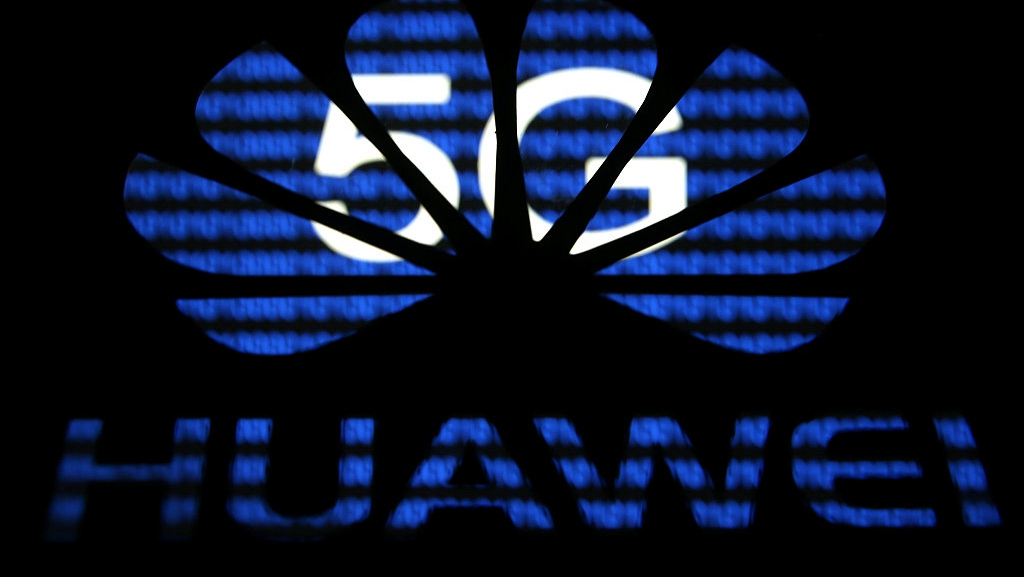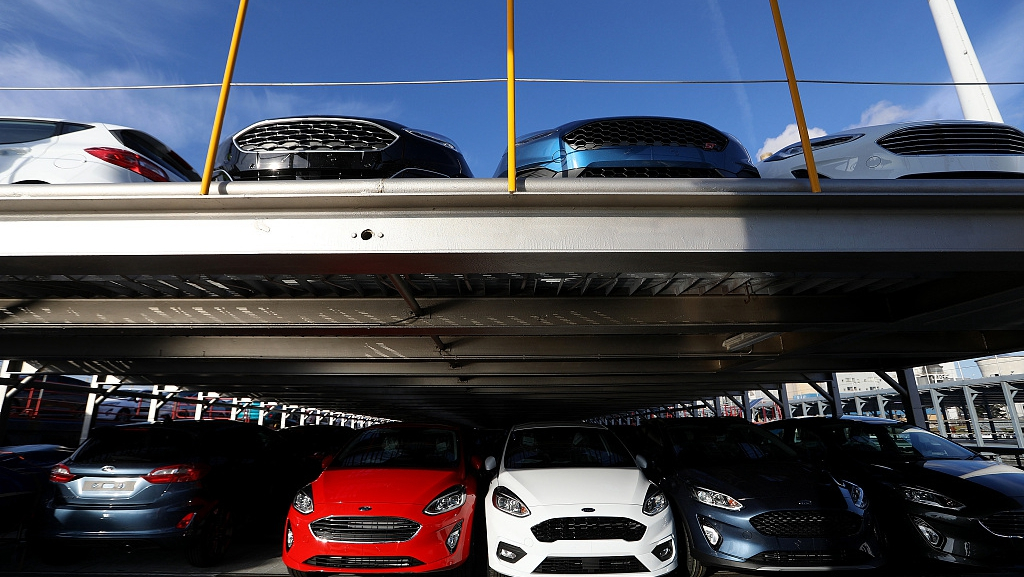
Opinion
16:50, 20-Feb-2019
A non-market approach and protectionism cannot make America great again
Updated
18:08, 20-Feb-2019
Kang Jie

Editor's note: Kang Jie is an assistant research fellow at the China Institute of International Studies. The article reflects the author's opinion, and not necessarily the views of CGTN.
Even though the Trump administration has continuously trumped up "Huawei threat" for months, there's still no credible evidence that the pioneer in 5G technology could use its devices to spy on communications.
The White House also believes that German cars, either imported from Europe or built in America, could threaten U.S. national security.
The global race in 5G technology is heating up as more and more countries are in the process of assessing and choosing major contractors. Companies are competing for 5G commercial deployment in a way that is more intense than ever.

A 3-D printed Huawei logo is seen in front of displayed 5G words in this illustration, February 12, 2019. /VCG Photo
A 3-D printed Huawei logo is seen in front of displayed 5G words in this illustration, February 12, 2019. /VCG Photo
It is reported that Huawei has obtained 26 commercial contracts on 5G and signed cooperation agreements with more than 50 business partners around the world. Huawei also leads the industry by shipping more than 10,000 commercial 5G base stations worldwide.
In Washington, the Cyber Security issue has gone beyond the dimensions of technology and governance, becoming a cold-war style political discourse, a global media event and a strategic communication campaign aiming at slandering U.S.'s rivalries.
The White House and "cyber hawk" legislators have mobilized a massive political machine to intervene in market competition and to change the unfavorable situation in the next generation telecommunication technology.
In fact, Huawei's dominating advantage in the European markets began after the "Prism Gate incident" in 2013. It is a concern about U.S. information monitoring that made European Union (EU) draw up the EU General Data Protection Regulation (GPDR) and choose Huawei as an alternative for those American telecommunications companies.
It is also because of the existence of this regulation that Huawei improved the security of its network devices to meet the requirements of European partners.
While abusing the national security discourse displays a lack of imagination and creativity, it has also demonstrated an excessive narcissism, infuriating both Beijing and Berlin at the same time showing just how strategically short-sighted and awkward Trump's foreign policy is.

German automakers are concerned about the possible rise on car import tariffs as the Trump administration initiated an investigation of whether automotive imports constitute a threat to U.S. national security, February 13, 2019. /VCG Photo
German automakers are concerned about the possible rise on car import tariffs as the Trump administration initiated an investigation of whether automotive imports constitute a threat to U.S. national security, February 13, 2019. /VCG Photo
The German and UK's decision to consider allowing Huawei to develop 5G in their countries seems like an ironic result of the U.S. Big Three's European 5G campaign.
Trump has repeatedly blamed other countries for "unfair competition". However, anyone with wisdom can easily recognize the real "unfairness" where someone resorts to non-market political approaches and notorious unilateral protectionism.
In the past centuries, it was entrepreneurial innovations and free market doctrines that made U.S. prosper, but the prevailing non-market and unilateral protectionist approaches are unlikely to aid Trump's "Make America Great Again" goals.
(If you want to contribute and have specific expertise, please contact us at opinions@cgtn.com.)

SITEMAP
Copyright © 2018 CGTN. Beijing ICP prepared NO.16065310-3
Copyright © 2018 CGTN. Beijing ICP prepared NO.16065310-3